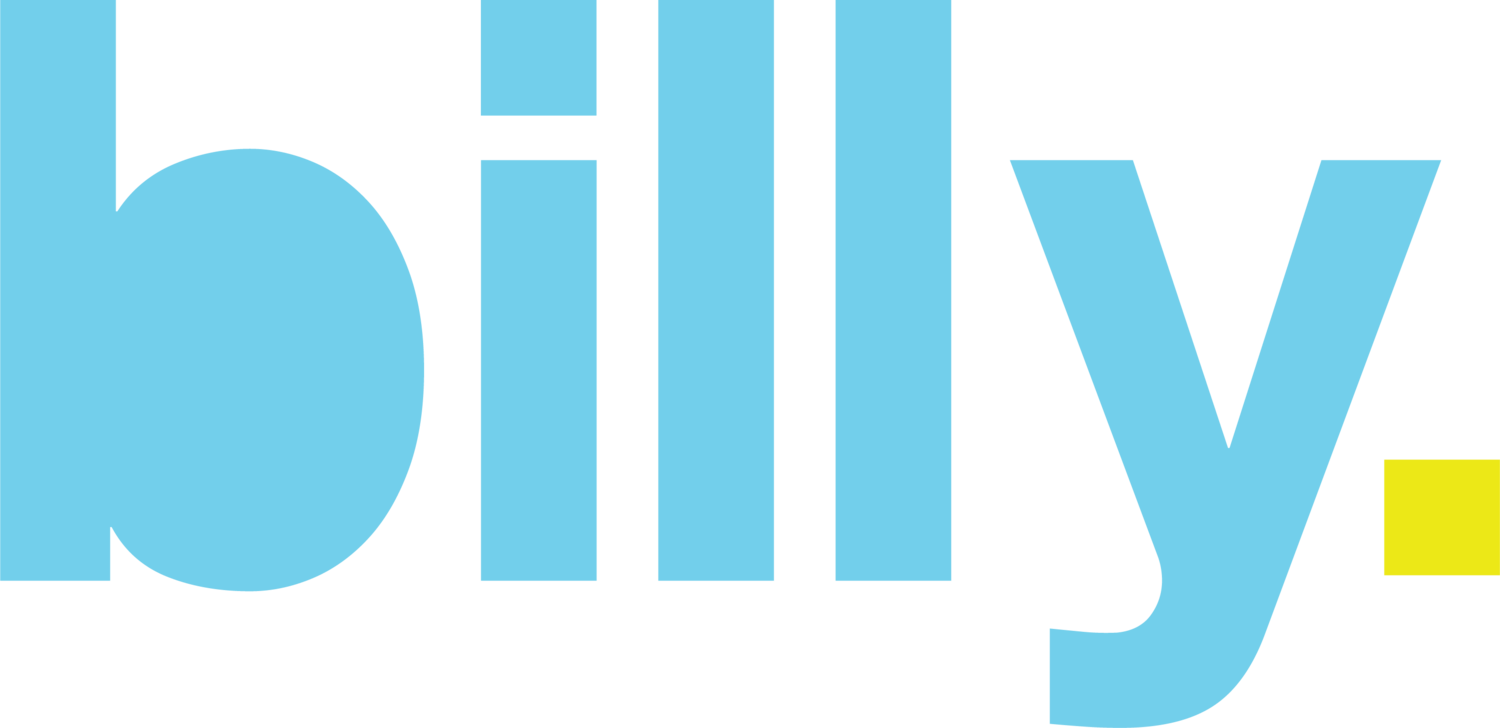It’s not surprising, given Andrew Baxter’s background in marketing that he’s come up with a catchy concept for his new consulting business. The 24HR Business Plan is a product rolled out in four workshops of six hours each, with a total price tag of $24,000.
The business brings together a group of experienced business people, some of whom, like Baxter have put together portfolio careers after leaving executive jobs. 24HR Business Plan is aimed at companies employing between 50 and 1000 employees who, Baxter argues, are ready for a re-set after the challenges of lockdowns and a pandemic.
Baxter is a former chief executive of advertising groups Publicis and Ogilvy and sits on a number of boards, including Australian Pork, Sydney Symphony Orchestra and OzHarvest.
He says four out of five Australian SMEs don’t have a business plan even though there is evidence that a blueprint is useful.
“Seventy-one per cent of fast-growing companies do have a business plan, and having a plan can increase a company’s chances of growing by 48 per cent,” he argues.
Baxter and the group have worked with about 45 companies over the past year or so – a period during which many businesses have been reassessing their operations because of Covid-19.
As well as the discipline of a business plan, there is value, Baxter says, in a company demonstrating its intentions to employees.
“People like visualising success,” he says. “People now want to know where the business is going – they are buying into the purpose of a business and want to know the role they are playing in that organisation. They are more engaged with a company if they can understand where it is going.”
Feedback from SMEs, including those in primary industries, confirms a lack of skilled labour to grow their operations, Baxter says. As well, SMEs are facing challenges around the switch to digital operations and the need to build an online presence.
As a marketing man, he says that now is not the time for companies to cut their sales and marketing budgets, even if that can seem useful at a time when they need to make efficiencies. As well, companies are aware of the need to engage more deeply with staff who had been through a tough period with Covid.

